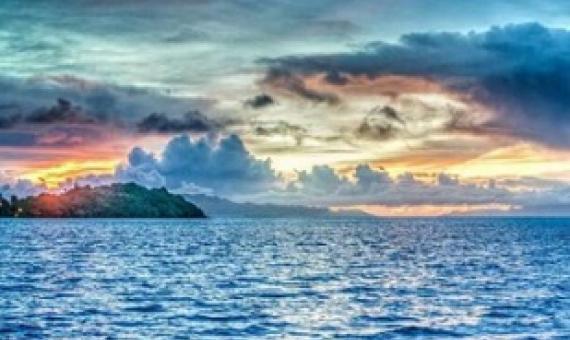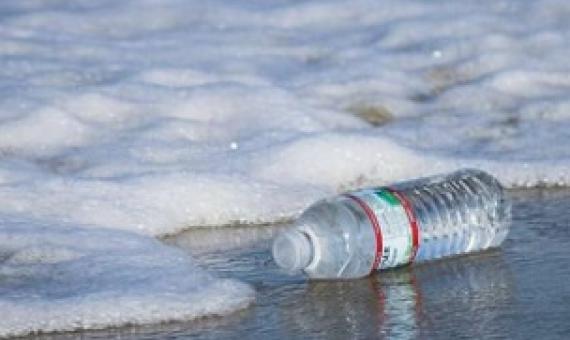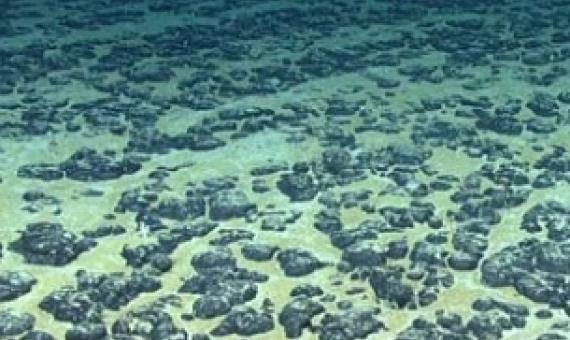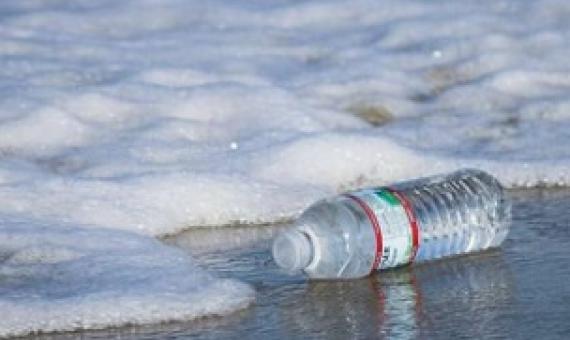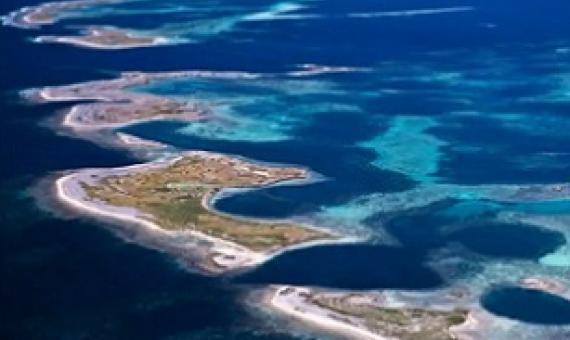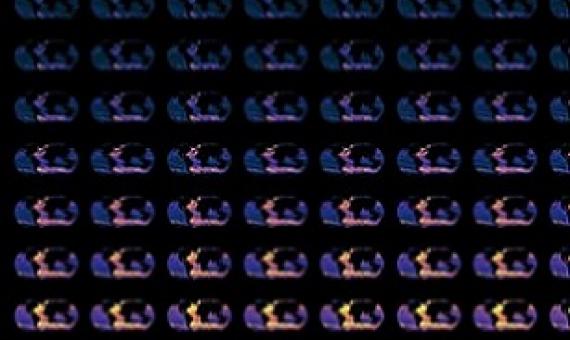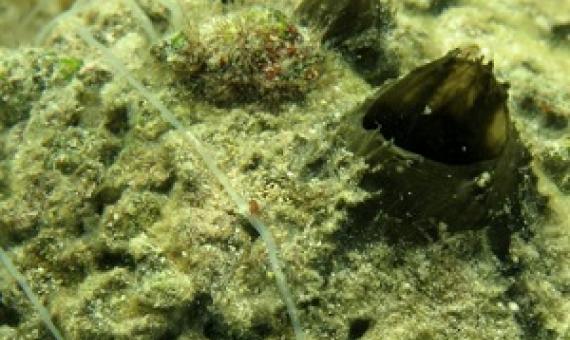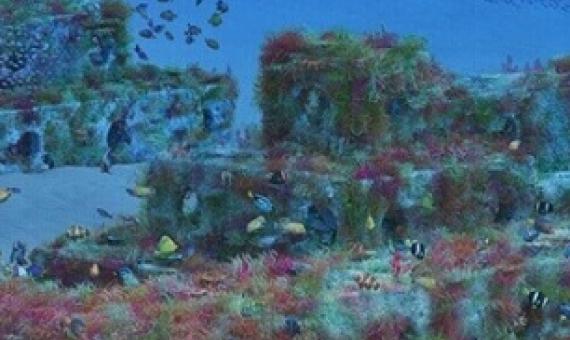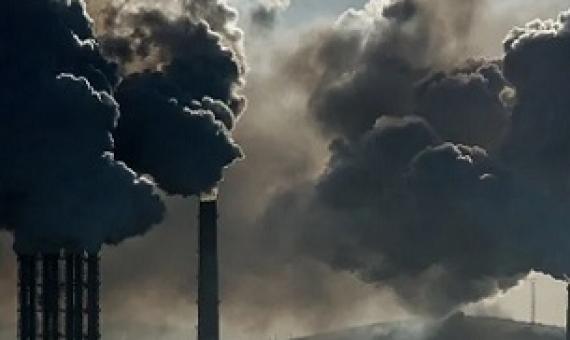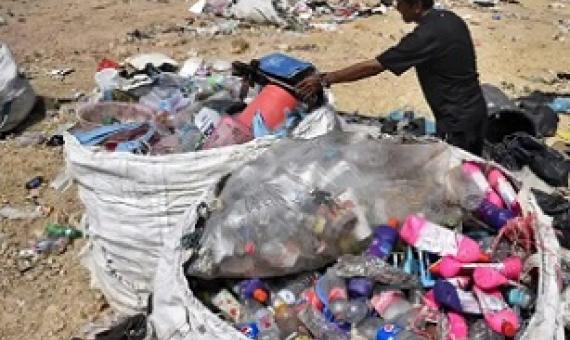More than 50% of the world's oceans could already be affected by climate change, with this figure rising as high as 80% over the coming decades, a new study has shown.
Not all the news about plastic in the ocean is what we expect. In fact it may be not quite as bad as initially thought. This comes as welcome information as we are celebrating National Science Week with an oceans theme.
Mining the ocean floor for submerged minerals is a little-known, experimental industry. But soon it will take place on the deep seabed, which belongs to everyone, according to international law.
Key knowledge gaps exist in our understanding of how ocean microplastics transport bacteria and viruses—and whether this affects the health of humans and animals, researchers say.
Heating of the world’s oceans could radically reorganise marine food webs across the globe causing the numbers of some species to collapse while promoting the growth of algae, new research has warned...In the research, published in the journal Science, researchers at the University of A
The oceans play an important role in regulating our climate and its change by absorbing heat and carbon.
Bioprospecting, the discovery of new pharmaceutical compounds, industrial chemicals, and novel genes from natural systems, is frequently cited among the critical non-mineral commercial activities that yield value from the deep ocean.
Artificial reefs are vital for protecting offshore wind farms from tidal erosion. But the plastic-based reefs can also be detrimental to the ocean. One company is working to reduce the amount of plastic present in the ocean with its innovative plastic-free blocks—called Reef Cubes.
A disturbing new climate change study predicts global temperature increases of up to 8 degrees Fahrenheit as atmospheric carbon concentrations double. Humanity, it’s clear, is close to missing the chance to avoid the worst ravages of fossil fuel pollution.
Plastic waste flowing into the oceans is expected to nearly triple in volume in the next 20 years, while efforts to stem the tide have so far made barely a dent in the tsunami of waste, research shows.

